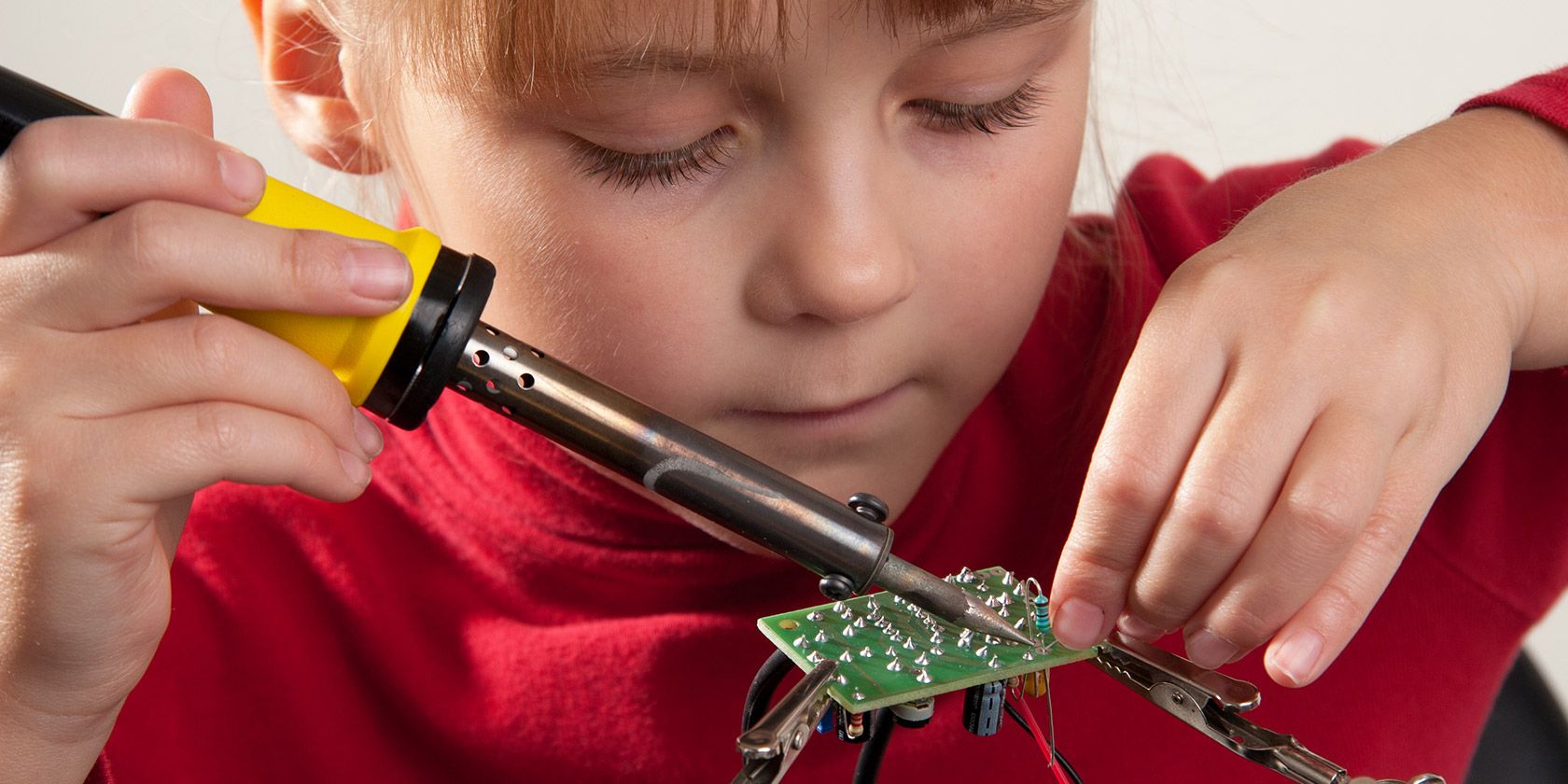You want your kids to be successful; you want them to learn. But as far as you can see, the skills they need in the future aren't being addressed by their school. Short of taking them out of the system and homeschooling, what can you do?
Well, you can make use of after school time and weekends, and use these family times to share knowledge that your kids will really need going forwards in life. We're not just talking about using a computer here, either – rather, general DIY skills that cover all aspects of life, skills that they can use to prove their worth to employers, or even develop into a career of self-employment.
So, where should they start?
Wiring a Plug, Changing a Bulb
Many years ago, there was a big push to promote the teaching of basic tasks like this to girls. These days, it doesn't matter if you're the parent of boys or girls, wiring a plug, changing a fuse and changing lightbulbs are still not covered in school. Frankly, I don't know why.
As is the case with all of the items in this list, it seems to be quietly implied by schools that parents should bear the responsibility of teaching these more practical to their children. And of course, this is fine – the problem is, parents rarely know which skills and specialties they should be exposing their young ones to. Schools offering guidance in this area are few and far between (if they exist at all). This seems bizarre, given the dangers of AC and DC electrical systems, and their importance to western civilization.
So, your first act as the parent of a child who has the necessary hand eye coordination should be to explain the basics of wiring a plug, changing a fuse, and buying and changing a lightbulb. These related tasks can teach a lot, and are a good foundation for the other skills listed here.
Teach Your Kids to Solder
Another vital skill that is remarkably simple to get to grips with (and with an achievable learning curve) is soldering. This is one of those skills that somehow gets overlooked by so many, and yet, when combined with the right knowledge and/or instructions, is so utterly vital; essentially, this is gluing in electronics.
Soldering might be used for anything from replacing parts on a PCB to creating a small radio transmitter. It is an incredibly useful DIY skill.
Our own guide to soldering is particularly instructive.
Fix Old Gear: You'll Need a Multimeter
Why did that old radio stop working? More importantly, can it be fixed?
There's only one way to find out the answer to both of these questions, and that is with a multimeter, a piece of electronic diagnostic hardware which can be used to measure voltage and current. Problems in circuits – whether wiring, printed circuit boards, or components – can quickly be traced, and with knowledge your children have picked up from rewiring a plug and soldering, the problem diagnosed and potentially repaired.
Multimeters are surprisingly cheap to buy, and typically come with a digital display, selector knob and three or more ports, where the removable probes are connected. Probes come in different shapes, from needles to tweezers and alligator kits. When buying a multimeter, ensure it comes with every option, and remember to instruct your children in safe usage.
Note: While DC/battery powered devices are typically safe to handle, never let children handle a live AC circuit. Continuity problems – checking if one wire is connected to another – should be diagnosed with the power off and disconnected.
Build a PC
I was 16 when I started taking apart computers (and putting them back together again!). Before this point, affordable home hardware were largely integrated systems, but it was the Commodore Amiga that taught me about expansion slots and swapping components out, and sent me on the road to building my own PCs.
With the deluge of notebooks, tablets, smartphones, hybrids and Apple iMac-like all-on-ones currently flooding the personal computer market, you could be forgiven for thinking that there is no need to be able to build your own PC. But most gamers would disagree, as would anyone wishing to save money while putting together a reasonably powerful device.
But looking into possible futures where huge unemployment might strike, or civilization might be on its knees, having some basic computer building knowledge could be a huge advantage, if only to demonstrate logical thinking and hand-eye coordination. Many of us will have a pile of old components gathering dust, and still functional equipment can usually be scavenged at your city dump or given away on the local FreeCycle messageboard – show your child how to put the components together into a working machine.
Woodwork & Metalwork Skills
These are increasingly rare in schools these days, despite the fact that society uses just as much wood and metal as it ever did (perhaps more, if we consider the importance of the three Rs: reduce, reuse and recycle).
Therefore, it is important for young people to know exactly how they can manipulate these materials, from hammers and nails to jigsaws and routers, with a bit of grinder, tin snips, metal shears, oxy-acetylene torches and more thrown in.
Check this video for a few tips on metalwork; and here's our list of beginner woodworking skills you should know.
Install Any Operating System
You've already taught (or are planning to) your young ones how to build a PC. But what about installing an operating system? At the very least, they should be able to install a copy of Windows from scratch, but don't overlook Linux as an alternative, as distros are easier to get hold of. Coaching your youngsters to install an OS on the Raspberry Pi is also extremely useful.
And don't overlook the fact that operating systems can be installed from optical and hard media. Don't leave them to struggle with CDs or DVDs if they don't need to – impress the fact that a USB flash stick can be used.
Perhaps most importantly, let your child know that as well as keeping a spare operating system to hand on DVD, they should also keep recovery tools handy, just in case of a HDD failure or malware infection.
Learn Online with These Sites
As well as the skills listed above, you'll find plenty of websites that can teach your offspring a whole host of DIY knowledge. While you'll find a load of stuff on YouTube, you might want to check DIY.org, which also offers a gamified reward system full of activities for kids to demonstrate their new skills and work towards particular badges. They also offer paid "camps" to guide kids through particular tasks (an iOS 8.1+ device is required for participation in these), but the activities are available to all to see and be inspired from.
Of course, there's many other DIY skills that could be taught to your offspring which they sadly won't learn in school. Fixing an engine, plumbing, building a wall, and wiring a network cable are just a few of those that spring to mind. But what DIY skills would you teach your children? Tell us in the comments.
Image Credits:Young girl create DIY by Dainis via Shutterstock


